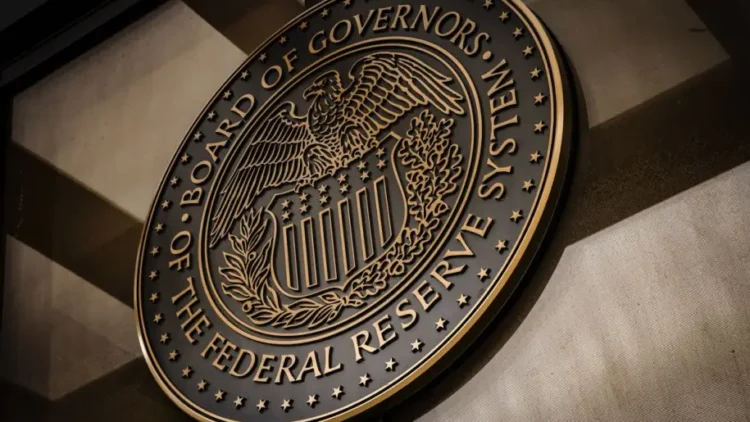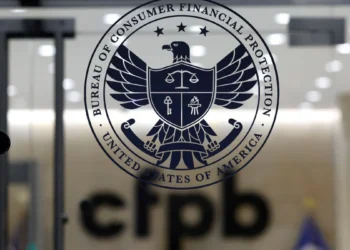The U.S. Federal Reserve has announced a significant shift in its regulatory framework, directing its supervisors to stop considering “reputational risk” when overseeing banks — a move widely seen as a win for the cryptocurrency industry.
The change addresses long-standing concerns from digital asset companies, which argued that vague reputational standards were being used to justify the denial of banking services. These practices were particularly criticized during what industry voices dubbed Operation Chokepoint 2.0, a period when over 30 fintech and crypto firms reportedly lost access to U.S. banking.
@federalreserve announces that reputational risk will no longer be a component of examination programs in its supervision of banks: https://t.co/7Gwn1UuyNx
— Federal Reserve (@federalreserve) June 23, 2025
In a statement released on June 23, the Fed confirmed it has begun removing references to reputational risk from its supervisory materials. These will be replaced with clearer, more specific discussions centred around measurable financial risks. The central bank also pledged to train examiners to apply the revised approach consistently across all institutions it supervises.
While distancing its supervisors from the use of reputational risk, the Fed clarified that banks may still consider the concept in their internal risk management frameworks. The agency emphasized that the update does not alter its expectation that banks maintain strong compliance and risk controls.
The move drew immediate praise from U.S. Senator Cynthia Lummis, a vocal advocate for the digital asset sector, who said the old policy had “assassinated American Bitcoin & digital asset businesses.” She called the decision a victory but added, “there is still more work to be done.”
Rob Nichols, president and CEO of the American Bankers Association, also welcomed the reform.
“The change will make the supervisory process more transparent and consistent,”
he stated.
However, not everyone sees the change as positive. Critics warn that removing reputational risk could dilute regulatory scrutiny, obscure important non-financial risks, and potentially pave the way for riskier banking behaviour.
The U.S. Federal Reserve reversed its earlier cautious stance toward digital assets, removing key regulatory hurdles that previously restricted banks from engaging in cryptocurrency and stablecoin-related activities.
If you want to read more news articles like this, visit DeFi Planet and follow us on Twitter, LinkedIn, Facebook, Instagram, and CoinMarketCap Community.
“Take control of your crypto portfolio with MARKETS PRO, DeFi Planet’s suite of analytics tools.”





















